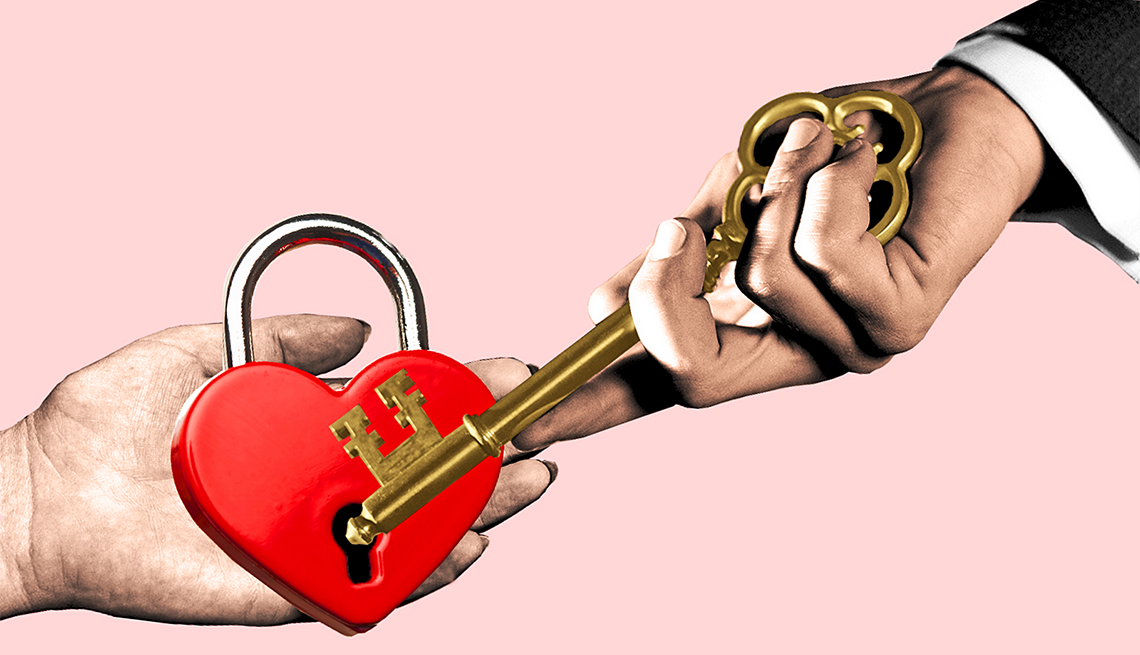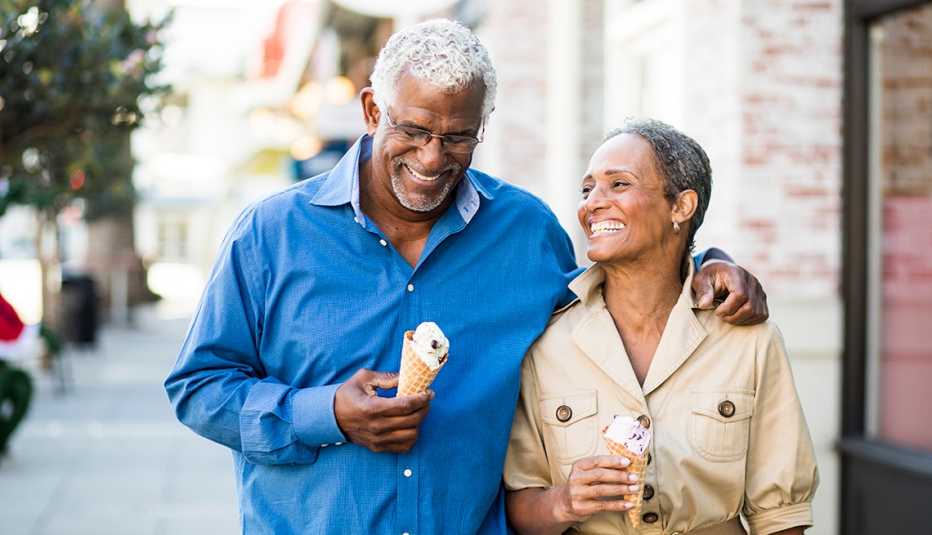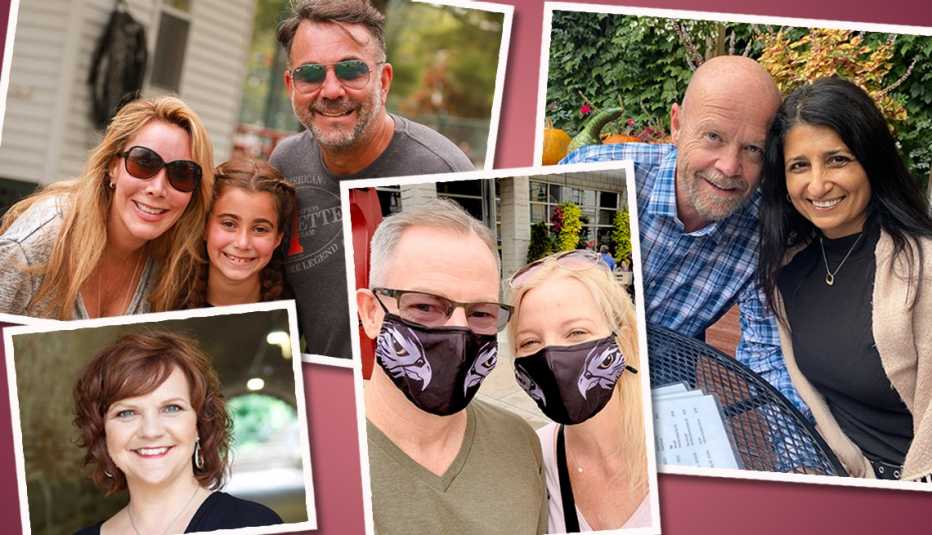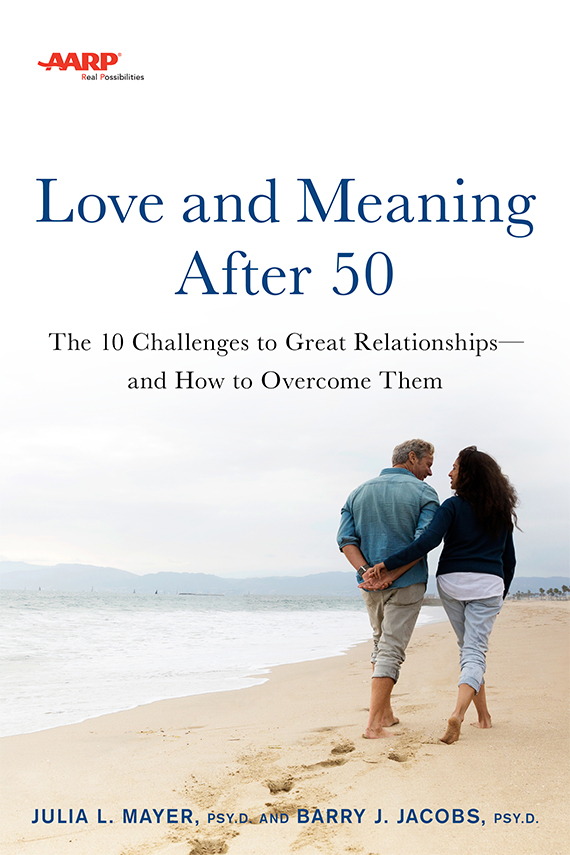Staying Fit
When she says that finding love is possible at any age, twice-widowed Francine Russo speaks from experience.
"You don't have to be young, highly attractive or rich. You just have to be emotionally ready and willing to work at it,” says Russo, 74, who, as a journalist focusing on psychology, has written for Time, The Atlantic and Scientific American. Her new book, Love After 50, shares her journey, intertwined with anecdotes and research culled from interviews. We caught up with Russo to learn her insights on finding and keeping love.


AARP Membership— $12 for your first year when you sign up for Automatic Renewal
Get instant access to members-only products and hundreds of discounts, a free second membership, and a subscription to AARP the Magazine.
Q: A year of isolation has many people feeling socially awkward. What can you say to help them?
A: If you decide you're emotionally ready, then I say, get rid of that pandemic hair and those sweatpants! Get a great outfit that makes you feel fabulous. And enjoy the fact that, hey, you're going to have a lot of adrenaline flowing and everything will be new again. Go to restaurants, be across the table from another human being — you're going to enjoy that, even if this person isn't someone you're going to fall in love with. Just enjoy life unfolding again.
Q: So, it's not superficial to focus on the hair and the outfit before you get back out there?
A: No, because you don't need to be thin or gorgeous or young to be dating, but you do need to feel like your best self. I'm past 70. Sometimes I look in the mirror and I say, “Oh, no.” But sometimes I will get a new haircut, I will put on some makeup, and I will wear a great blouse and go out feeling confident. Whatever your best self is, go for it.
Q: Do you think that some people, having lived through the isolation of the early pandemic, may experience more joy in dating than they'd felt before COVID hit?




































































